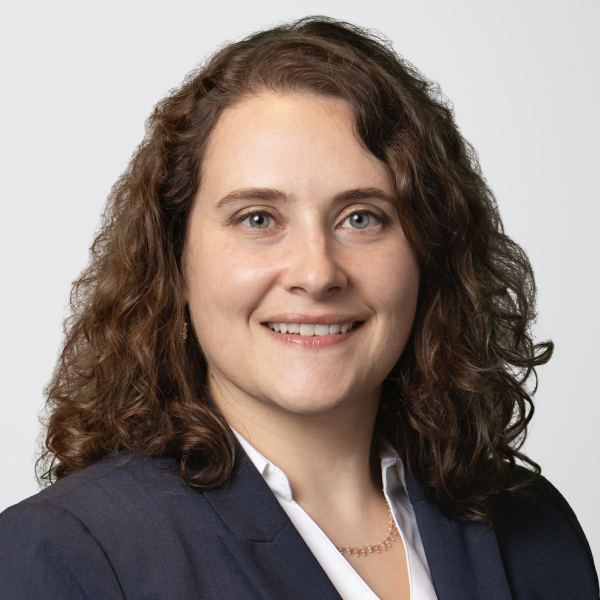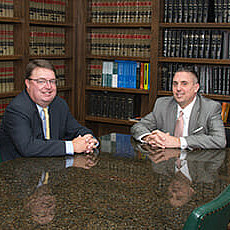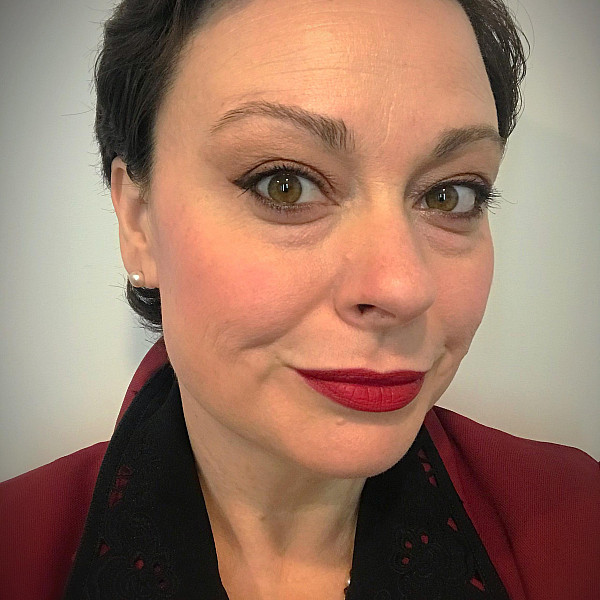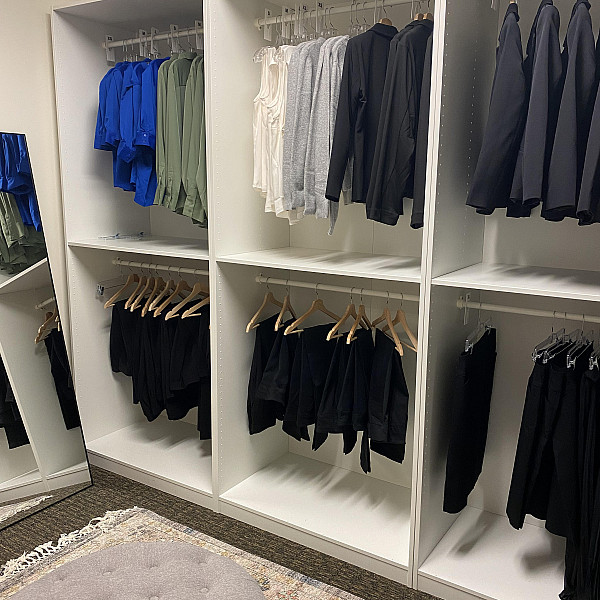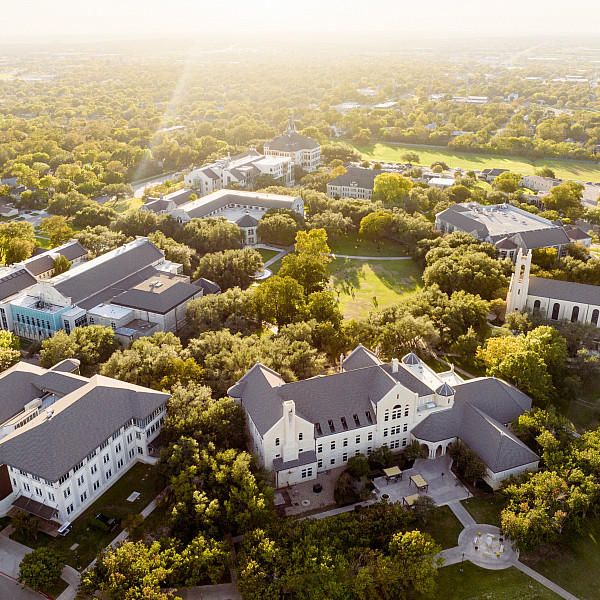News
From the Classroom to the Courtroom: Southwestern University Prepares Students for Successful Careers in Law
Southwestern’s unique approach to a liberal arts education, paired with passionate faculty and small class sizes, has put countless students on a path to success in law.
March 20, 2025
March 20, 2025
Open gallery
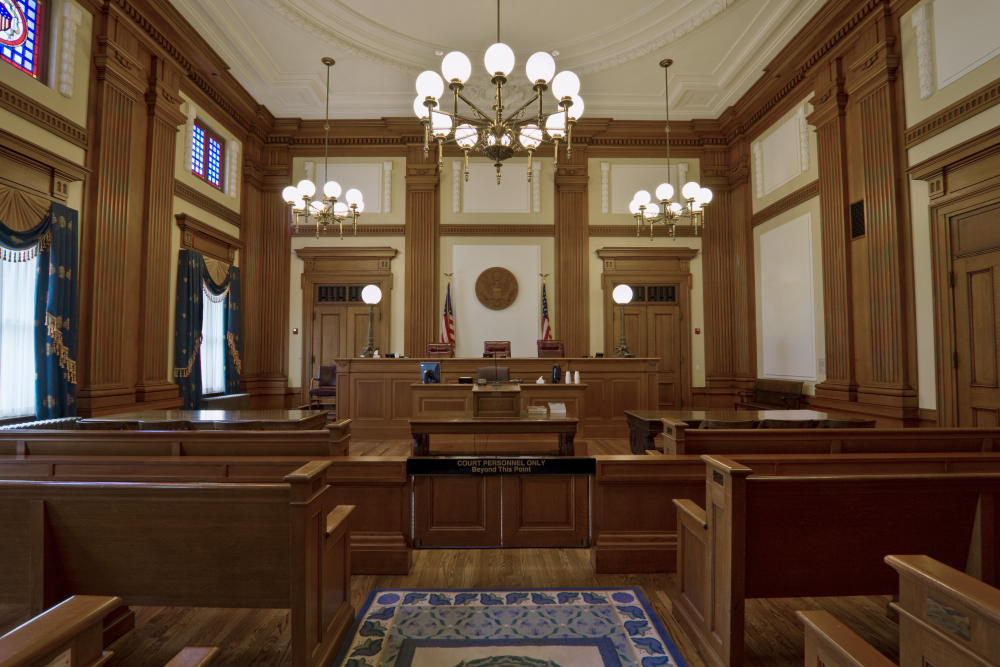
From bankruptcy to business, criminal to copyright, public defense to personal injury, the legal industry is home to a wide-ranging and diverse number of career options, specializations, and areas of focus. Regardless of the path one might choose, careers in law require analytical, communication, interpersonal, problem-solving, and research skills. Southwestern University has been equipping students with these skills for nearly two centuries.
Southwestern’s unique approach to a liberal arts education, paired with passionate faculty and small class sizes, has produced a storied roster of alumni who have matriculated into law school and advanced to successful careers in the field of law.
Both a freedom and a responsibility to many undergraduate students looking to pursue a law career, most law schools have no preference for any one major or area of study. More often, law schools are interested in how students perform in their chosen major and how well-rounded they are outside of the classroom.
Senior Associate Director of the Center for Career and Professional Development (CCPD) Alexandra Anderson and Associate Professor of History Joseph Hower are at the heart of Southwestern’s pre-law program, each serving as advisors to students interested in pursuing law school.
“We have a small faculty-to-student ratio, capstone projects where students have the opportunity to do research directly with faculty, plus critical reading and analytical thinking across the entire curriculum – all of these build skills that are at the heart of law,” Anderson said. “Language is the basis of law. Everywhere that students are writing, reading, and analyzing information, no matter what their major, is feeding into their ability to perform successfully in law school.”
“My professors, in all of the classes that I’m taking, have really been raising my logical reasoning and reading comprehension skills, which is exactly what they test you for on the LSAT. That has allowed me to do really well.” – Raven Waugh ’26
Since 2018, Southwestern alumni have matriculated to law school from more than two dozen majors across every academic area. In that same timespan, 14 of the top 25 law schools in the United States have admitted at least one Southwestern alumni.
“Our classroom experience, our dynamics, what we ask for but also support students in doing, prepares them as well as it could,” Hower said. “Law school is a tricky thing. The places that are bringing our students in believe that they have been well-prepared in critical reading, presentation, research, and all of the other skills that they look for. It really speaks to the caliber of our students.”
A Classroom Unlike Any Other
More often than not, when students first step into a classroom at Southwestern, they are greeted with an educational atmosphere unlike anything they have experienced before. Many of the courses offered at Southwestern, particularly in the social sciences and humanities, are built around a model of student discourse, allowing for open discussion and critical engagement.
“We don’t follow a ‘sage on the stage’ lecture model,” Hower said. “That really helps students become co-creators of their own educational experience. We assign a lot of reading, but we spend a lot of time deconstructing it. These experiences, even if they’re on a smaller scale than law school, are preparation that’s different from what someone gets who comes from an institution where their four years were spent in large lecture halls.”
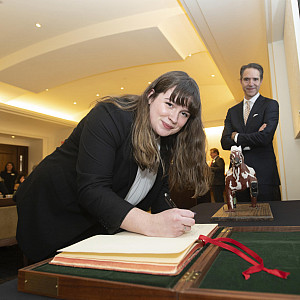
As a 22-year-old who jumped straight into law school after graduating from Southwestern, Young credits her undergraduate journey for giving her the confidence to compete with law school classmates that were often older and more experienced.
“In law school, one of the most stressful things is getting cold-called when a professor asks a question,” she said. “People would always be so freaked out over that, but because at Southwestern, our class sizes were much smaller and such a huge portion of every class was participation, I had just become so comfortable speaking in class that it was just never the source of anxiety for me that it was for my classmates. It was directly the result of my Southwestern experience.”
A first-generation undergraduate and graduate student, Young already has a job lined up after she earns her degree this spring, a one-year position in the office of Texas Supreme Court Justice Jeffrey S. Boyd. After that, she has secured a role in commercial litigation with Akin, a leading international law firm, in her hometown of Dallas.
“The debates that we have in class, being exposed to a variety of opinions, the good relationships that we make with the professors, and the small class sizes have helped an insane amount.” – Aidan Gomez ’25
From his office in Midtown Manhattan, Esteban Woo Kee ’18 still draws on his experiences at Southwestern in his role as a restructuring and bankruptcy lawyer at multinational law firm Greenberg Traurig, LLP which he joined after graduating from the University of Michigan Law School. In his role as an associate, Woo Kee is involved in various stages of the Chapter 11 bankruptcy process, working both inside and outside of the courtroom to help his clients know and understand their rights in bankruptcy proceedings.
Woo Kee must navigate a variety of different clients, each with different needs, usually during a time of great stress or hardship. The liberal arts education that he received at Southwestern has played an instrumental role in his day-to-day success. With Southwestern’s student population of less than 1,500 and 11:1 student-to-faculty ratio, he was able to build meaningful relationships with his classmates and his professors.
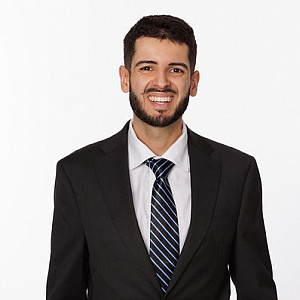
From a young age, Woo Kee was interested in government and the legal profession. He participated in his El Paso high school’s mock trial club and knew that Southwestern could provide him the experience needed to pursue his passion professionally.
“I felt like [Southwestern] was a natural fit,” he said. “I wanted that personalized attention that Southwestern offered with its small class size, and the emphasis on experiential learning, pushing students to go out of their comfort zone, and really capitalize on opportunities outside of the classroom.”
Embracing a Paideia Mindset
Although Raven Waugh ’26 originally came to Southwestern planning to pursue a career in medicine, she always had a thought in the back of her mind about law school. Through Paideia, Southwestern’s interdisciplinary approach to the liberal arts education, Waugh was able to explore classes outside of the pre-med program, ultimately convincing her to switch her major to anthropology with the goal of attending law school after graduation.
“Southwestern and Paideia allowed me to explore my options and made me see that there’s more than just any one thing that I can do,” Waugh said. “I can be a lawyer, or I could be so many other things, which my professors are always trying to get me to understand. I appreciate the fact that I can see all of these different possibilities.”
Waugh plans to take the Law School Admission Test (LSAT) this spring and is currently working on law school applications to Howard University and Georgetown University.
“We are a place that emphasizes and allows students to find their own curricular paths, combinations, majors, and minors,” Hower said. “Ideally, that allows students to really find something they’re passionate about and good at. Those are the two most important things when it comes to selecting a major for law school. Find something you’re interested in and good at because it’s going to be meaningful to you and you’re probably going to do better in those classes.”
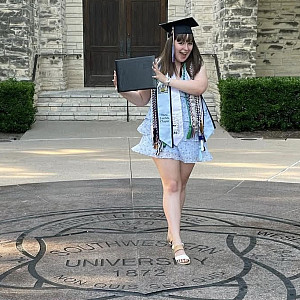
“I was able to dip around and take different classes,” she recalls. “I was able to really choose my own adventure, learn so much, and gain knowledge in so many areas, and none of that was penalized. I’ve taken that through to law school where, in the last two years, I’ve been able to really choose which courses I’m taking, outside of the one that I have to take. I let myself take classes that sound really interesting.”
The Southwestern Experience
For many students, the Southwestern Experience extends far beyond the classroom. From undergraduate research, to NCAA Division III athletics, to high-impact experiences, and everything in between, Southwestern students are able to bolster their law school applications with a wide variety of extracurricular activities.
During his time in Georgetown, Noah Dennis ’22 truly got the most out of his Southwestern Experience. Originally from Austin, he came to Southwestern to pursue a double major in finance and communications. An avid runner, he was recruited to Southwestern to compete on the Pirate cross-country team.
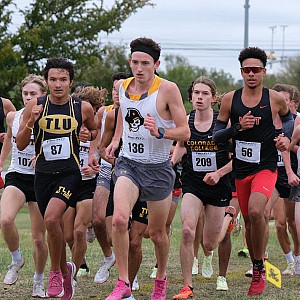
“Through that experience, seeing how helpful he was to us made me want to provide that service to others,” Dennis said. “After that, I was all in on figuring out how to get into that position to help other small businesses.”
In addition to his two majors and participation on the cross country team, Dennis also served as President of Best Buddies, a student organization dedicated to enhancing the lives of individuals with intellectual and developmental disabilities through friendship.
“With law school admissions, there’s really three pillars: the LSAT, your grades, and your high-impact experiences,” Dennis said. “At Southwestern, I was really able to focus on the latter two, getting the best grades that I could while enjoying the high-impact experiences that I still talk about in job interviews to this day, including running cross country and serving as President of Best Buddies. I’m really glad I spent my time on those two things.”
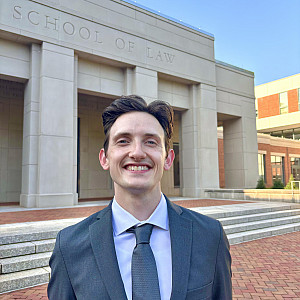
“It was an honor and a privilege [to win the scholarship],” he said. “I am so appreciative of the help paying for law school. It means a lot that I have made an impact on the Southwestern community and that I embodied the character that the Andrews Scholarship represents. Any time I am able to represent my school in a positive light, that means a lot.”
Learning Life Lessons Through Internships
Aidan Gomez ’25 came to Southwestern with his sights set on a future career in law. After two years studying political science and sociology, he received the opportunity to intern with a family friend at a major law firm in his hometown of San Antonio. This internship turned into a full-time opportunity as a Senior Case Manager, which required him to temporarily step away from Southwestern.
During his time at the law firm, he attended mediations and depositions, and developed a passion for the world of personal injury law, all while continuing his education online. After a year, he returned to Southwestern with a renewed focus on law school. He is currently applying to the University of Texas, the University of Virginia, and the College of William & Mary, with plans to enroll in law school this fall.
“Internships serve a crucial purpose, but maybe not the one the students think it does,” Hower said. “It really helps them decide whether this is the path they want to take, whether they enjoy the work, and whether they can see themselves pursuing it. It’s about helping you figure out what the best version of yourself is, and that’s part of the experience.”
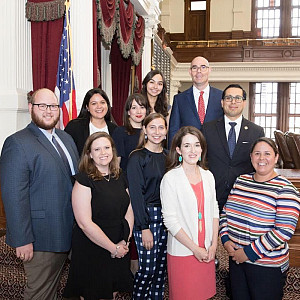
After graduating with a history and political science double major, and an environmental studies minor, Cropper worked with the CCPD to secure another internship, this time with a leading eminent domain law firm in Austin. That experience helped cement her desire to attend law school at the University of Denver’s Sturm College of Law. Today, she is a Deputy Public Defender for the State of Colorado.
“I went to law school to fight for ordinary people,” she said. “So much of what you can do in law is working for businesses or representing corporations. In law school, I quickly realized that public defense is one of the most important ways to fight for ordinary people. Southwestern played a huge role in me pursuing this type of career. A lot of the principles that I learned in undergrad, and a lot of the big pieces of knowledge that I got from undergrad helped me see, once I got into law school, where people are facing the most injustices in the legal system.”
Building and Maintaining Success
Southwestern is home to a wide variety of resources to assist students interested in pursuing a career in law. The CCPD routinely hosts programming aimed at helping students pursue law careers, including a welcome session for interested students in the fall, as well as visits from law school deans and admission reps throughout the year. Anderson and her team at the CCPD also host LSAT practice exams and have built a law school webpage dedicated to sharing resources.
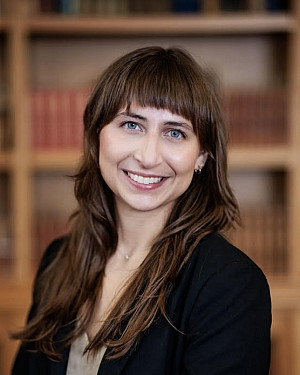
Throughout the year, Anderson also brings in Southwestern alumni and other law professionals to raise the visibility of law as a profession and allow students to network and learn more about the industry.
“Through the Center for Career and Professional Development, and Alex Anderson specifically because she’s amazing, I was able to talk to several alumni about their experience in law school when I was going through my own application process,” Young said. “We are such a small school, and Southwestern really does make such a difference in people’s lives. Alumni are so willing to help.”
Even as a current undergraduate student, Gomez is experiencing first-hand just how impactful Southwestern’s alumni network can be.
“At the President’s Appreciation Dinner, I was at a table with a couple of attorneys,” he said. “We caught up and they put me in contact with other Southwestern alumni across the U.S. That’s what makes or breaks an attorney – the network and the connections that you have, especially rising in personal injury [law]. You have to have connections.”
“Don’t feel like you need to choose a legal specialty area as an undergraduate. That takes time and experience from law school classes and legal internships, and sometimes, years of full-time work. If you’re on the fence about whether the law is for you, just talk to as many lawyers as you can. Reach out to people on LinkedIn: talk to a criminal attorney, a divorce lawyer, an in-house counsel at a tech company in Austin. There’s so much you can do as a lawyer and you have plenty of time to figure it out.” – Esteban Woo Kee ’18
As the dedicated faculty and staff pre-law advisors, respectively, Hower and Anderson are available to meet with students one-on-one to discuss their career aspirations. They encourage any students interested in law to reach out to them.
“Come talk to us,” Hower said. “It’s both a personal and a professional decision about what your plans are in the short term and where you want to be in the long term. We really do try to proactively get students to come talk with us to think about these things. A lot of that is best worked out through one-on-one conversations as opposed to a single, overarching rule. What works for one student isn’t going to be the best for others. The one-on-one is what I found to be among the most valuable parts of the decision process.”
“Dr. Joe Hower, having his guidance and such a close relationship with my professors, was so instrumental in shaping who I am as a person. I would not be the critical thinker that I am without Southwestern and my experience there.” – Teresa Cropper ’20
This level of personal and professional advising, paired with Southwestern’s small class sizes, dedicated faculty, extracurricular opportunities, and overall approach to the liberal arts education has not only allowed generations of students to build successful careers in law, but also established the University as a destination for pre-law students.
“There is a great deal of value in this particular kind of educational experience,” Hower said. “We happen to do it really well, but it’s a broader defense of a liberal arts education and the way it really prepares students to do these types of careers well. There’s a lot of resources here and a lot of pathways. Students can come here and know that they’re able to find themselves academically.”
















